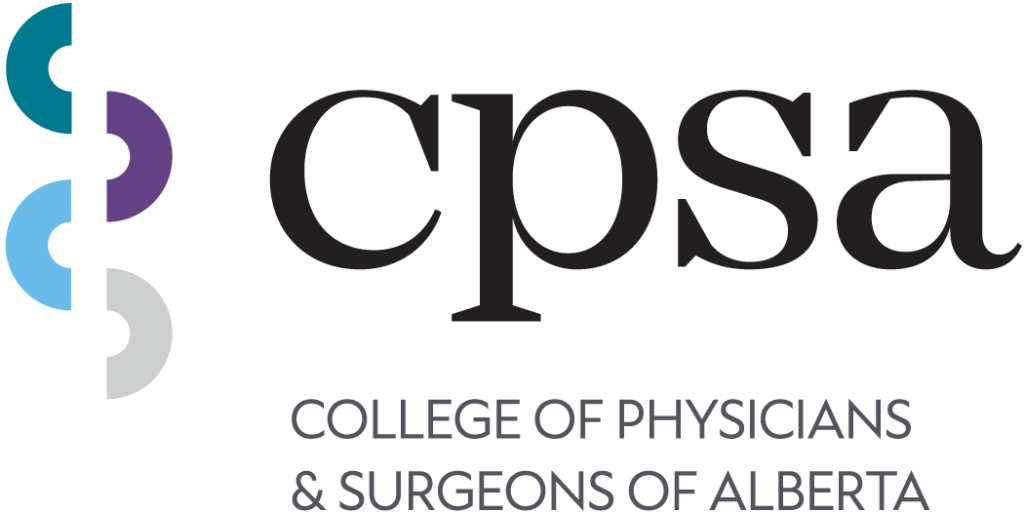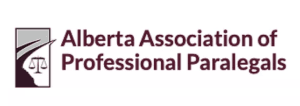

ADRIC 2021: Webinar Series – Culture, Conflict & Confluence
Trauma Informed Dispute Resolution – a Practical Process
November 10, 2021 – 12pm-2pm Eastern Time
Presented in English
English to French Simultaneous Interpretation will be provided if requested by at least one registrant no later than 24 hours prior to the event; after that deadline, we regret we are unable to provide the SI service.
Humans have a biological need for connection. We are social beings. Our nature is to interact and form relationships with others. We are also wired to survive and always on the alert for cues that it is not safe to connect, such as in the presence of conflict and disagreement.
Trauma compromises a person’s ability to connect, replacing patterns of connection with patterns of protection and survival. When we perceive threats, our survival system triggers the flight/fight/freeze response. People affected by trauma see the world through the lens of survival, perceiving threats where none may exist, making it more difficult to resolve conflicts.
Studies show that a large majority of the population has experienced trauma. The research suggests that 76% of Canadian adults report being exposed to some form of trauma during their lifetime. It is further estimated that 50% of all Canadian women and 33% of Canadian men have experienced at least one incidence of sexual or physical violence.
Trauma-informed services, like trauma-informed dispute resolution, are not simply about treating trauma. These services are about adjusting practices and environments. The goal is to create a space where people suffering the effects of trauma feel safe. A space in which they have a sense of control, choice, and trust in the process.
The ACT Matrix is a practical, trauma-informed process for resolving disputes and workplace issues to be used in the moment, especially when emotions are running high. It is a process based on behavioural scientific evidence that has been empirically validated. It was first used to help veterans and first responders cope with PTSD. The simplicity and clarity of the process are what make it highly effective.
As a dispute resolution tool, the ACT Matrix process, embodies the four pillars which are the hallmarks of a trauma-informed process/service:
- Safety and Trust – the Matrix approach does not judge, does not blame, and does not assign fault. Instead, the Matrix invites disputants to look at conflict from the perspective of workability. We ask questions like: “what is important about resolving this dispute”; “what might we do, to resolve the dispute”; and “will that work for everyone involved“?
- Choice and Control – Choice and control are the cornerstones of the Matrix process. We present the Matrix as a visual map of the workability of proposals made by the parties to resolve the dispute. The choice of which proposals to accept is left to the parties. It is in their control to choose.
- Collaboration – The Matrix is about sharing power and not “power over.” As the facilitator or mediator, we are mindful to start the process by asking permission to show the Matrix. It is a central tenet of this process that the coach/facilitator/mediator works with the individuals as they sort through their emotions and experiences, avoiding judgment and criticism.
- Empowerment – People suffering from the effects of trauma cope with negative inner chatter that can be overwhelming. The Matrix shifts the attention away from the negative internal inner chatter by inviting people to think about what is important and what might be possible. The Matrix is outward-looking. This shift is empowering for people dealing with trauma.
The Matrix was created to work with people suffering from trauma. It is a concrete tool which is easy to use and easy to learn. It can also be used generally for solving all conflicts and working through difficult situations in a workplace. It is an approach that accepts people where they are, inviting them to change what they do to move toward what is important for the parties to resolve their disputes. Don’t miss this opportunity to add this method your toolkit.
Dayna Lee-Baggley is a Registered Psychologist and Director of Dr. Lee-Bagley & Associates which provides interventions, training and research in chronic disease management, Assistant Professor in the Faculty of Medicine at Dalhousie University, and Adjunct Professor in the Department of Industrial and Organizational Psychology at Saint Mary’s University Full bio
Ronald Pizzo is a partner in the Pink Larkin labour/employment group. He is a certified coach, mediator and ACT Matrix facilitator. He has over 30 years’ experience resolving high conflict workplace situations Full bio
Member Rate $35; Non-Member Rate $50 – plus applicable taxes
Register Now!
Registration deadline: November 8, 2021 at 11:59 pm ET.
Professional Development Accreditation:
- ADRIC Continuing Education & Engagement (CEE) points: 2 points/hour
- Law Society of British Columbia: 2 hours
- Law Society of Saskatchewan: 2 hours
- Law Society of New Brunswick: 2 hours
- Accreditation pending from all Law Societies across Canada
- Nov 10 2021
- Expired!
- 12:00 pm - 2:00 pm











